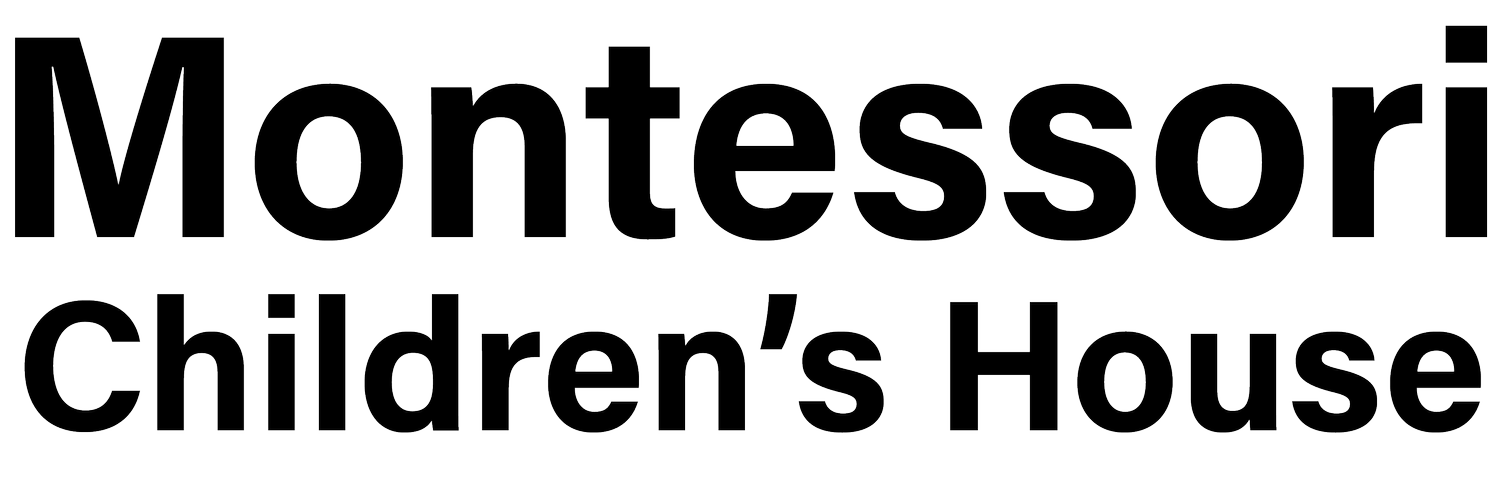The Role of the Montessori Teacher: Guide, Mentor, and Observer
At Montessori Children’s House, the role of the teacher is distinct and impactful. Unlike traditional educational settings where teachers are primarily seen as instructors, Montessori educators take on the roles of guides, mentors, and observers, fostering an environment where children develop a lifelong love for learning. Let’s explore these unique roles and how they contribute to the holistic development of each child.
Connect with Montessori Children’s House
The Guide
In a Montessori classroom, the teacher acts as a guide, leading children through their educational journey. This approach is rooted in the belief that children are naturally curious and eager to learn. The teacher’s role is to provide the right tools and environment to nurture this innate curiosity. By preparing a classroom filled with hands-on learning materials and activities that cater to various developmental stages, the Montessori teacher guides each child towards independent exploration and discovery.
The prepared environment at Montessori Children’s House is designed to meet the social, intellectual, and emotional needs of children from 18 months to seven years old. Here, learning becomes its own reward as children are encouraged to follow their interests and work at their own pace. The teacher introduces new concepts and materials based on each child’s readiness, ensuring that learning is both engaging and appropriately challenging.
The Mentor
Beyond guiding, Montessori teachers serve as mentors, building strong, trusting relationships with their students. This mentorship goes beyond academic learning; it encompasses social, emotional, and moral development. Teachers at Montessori Children’s House model respectful and responsible behavior, instilling these values in their students. By fostering a supportive and nurturing environment, teachers help children develop self-confidence, resilience, and a sense of community.
One parent shared, “The teachers and staff are dedicated, attentive, and truly care about the students and families.” This dedication is evident in the way teachers mentor each child, encouraging them to become self-reliant and respectful individuals. The principle of freedom within limits, a cornerstone of Montessori philosophy, empowers children to make choices and take responsibility for their actions within a structured and supportive framework.
The Observer
Observation is a critical component of the Montessori teacher’s role. Teachers spend a significant amount of time observing students as they engage with their environment. This observational role allows teachers to gain deep insights into each child’s interests, strengths, and areas that may need additional support. By carefully observing, teachers can tailor their guidance and interventions to meet the unique needs of each student.
Dr. Maria Montessori emphasized the importance of observation in understanding a child’s development. At Montessori Children’s House, teachers use these observations to create individualized learning plans that respect each child’s pace and learning style. This approach ensures that education is personalized and that each child’s potential is maximized.
The role of the Montessori teacher at Montessori Children’s House goes beyond traditional teaching methods. As guides, mentors, and observers, Montessori educators create a dynamic and supportive learning environment that fosters independence, curiosity, and a lifelong love of learning. By embracing these roles, teachers help children develop into respectful, responsible, and self-reliant individuals, ready to face the challenges of the future.
If you’re interested in learning more about our unique approach to education, we invite you to schedule a tour or meeting. Discover how Montessori Children’s House can provide a nurturing and enriching environment for your child’s early educational journey.
